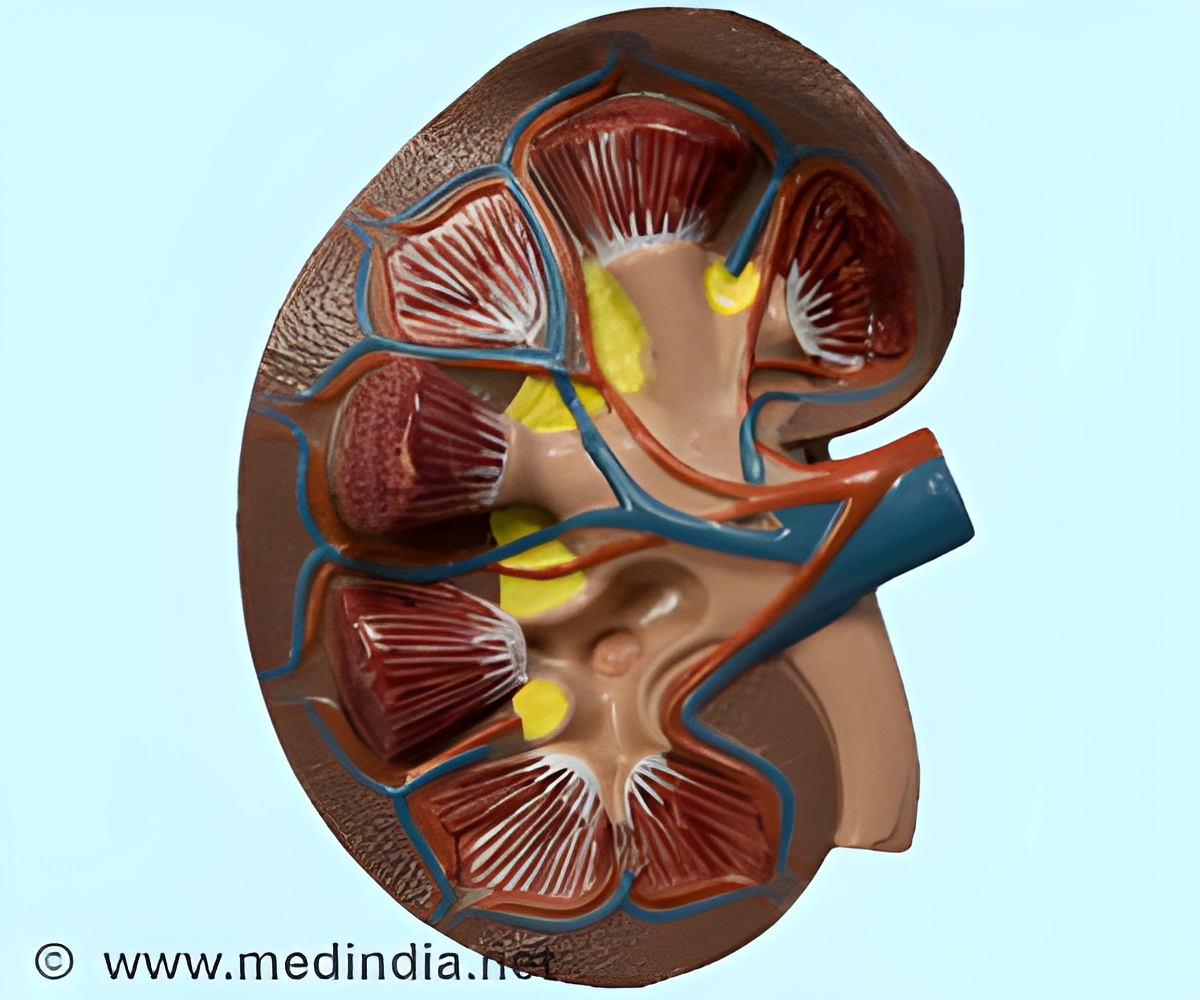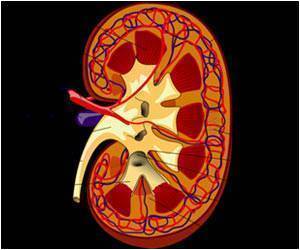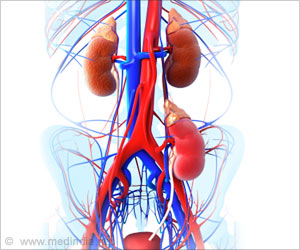
‘Vesicles may help restore normal kidney function by curbing the progression of endothelial damage in the filtration unit of the kidney.’
Tweet it Now
The findings, by a research team at the Saban Research Institute of Children’s Hospital Los Angeles, provide new insights about the mechanisms of kidney disease and point to a new approach for improved treatments. Results of the study were recently published online in Scientific Reports. In patients with Alport syndrome, vascular endothelial growth factor (VEGF) - is known to be elevated early on in the disease. Increased VEGF causes scar tissue and severe damage to the cells that line the surface of blood vessels in the glomeruli eventually leading to kidney failure.
"By the time children born with Alport syndrome reach adult life, they typically need dialysis to clear the waste from their blood and will require a kidney transplant," said Laura Perin, PhD, co-director of the GOFARR Laboratory for Organ Regenerative Research and Cell Therapeutics in Urology and principal investigator of the study.
In earlier studies, Perin’s research team demonstrated that injection of AFSCs could delay the progression of renal fibrosis and glomerular sclerosis in particular in mice with Alport syndrome. However, the mechanisms responsible for this therapeutic effect had not been determined.
In the current study, the research team hypothesized that AFSCs provide this protection to the kidney through release of extracellular vesicles-tiny membrane surrounded structures that contain receptors on their surface that can bind VEGF and reduce its biological activity on renal cells. The researchers isolated these vesicles and found that they could effectively target the glomerulus to control cellular homeostasis and maintain a stable level of functioning.
Advertisement
While vesicles previously have been shown to be promising targets for developing treatments, this study represents the first time they have been applied to glomerular disease by preventing endothelial damage. The finding represents a potential glomerulus-targeted intervention for chronic kidney disease.
Advertisement
The team’s next step will be to validate the stem cell-derived vesicle in different types of kidney disease with the final aim of finding a therapy that is effective for all patients who suffer from chronic kidney disease.
Source-Eurekalert















